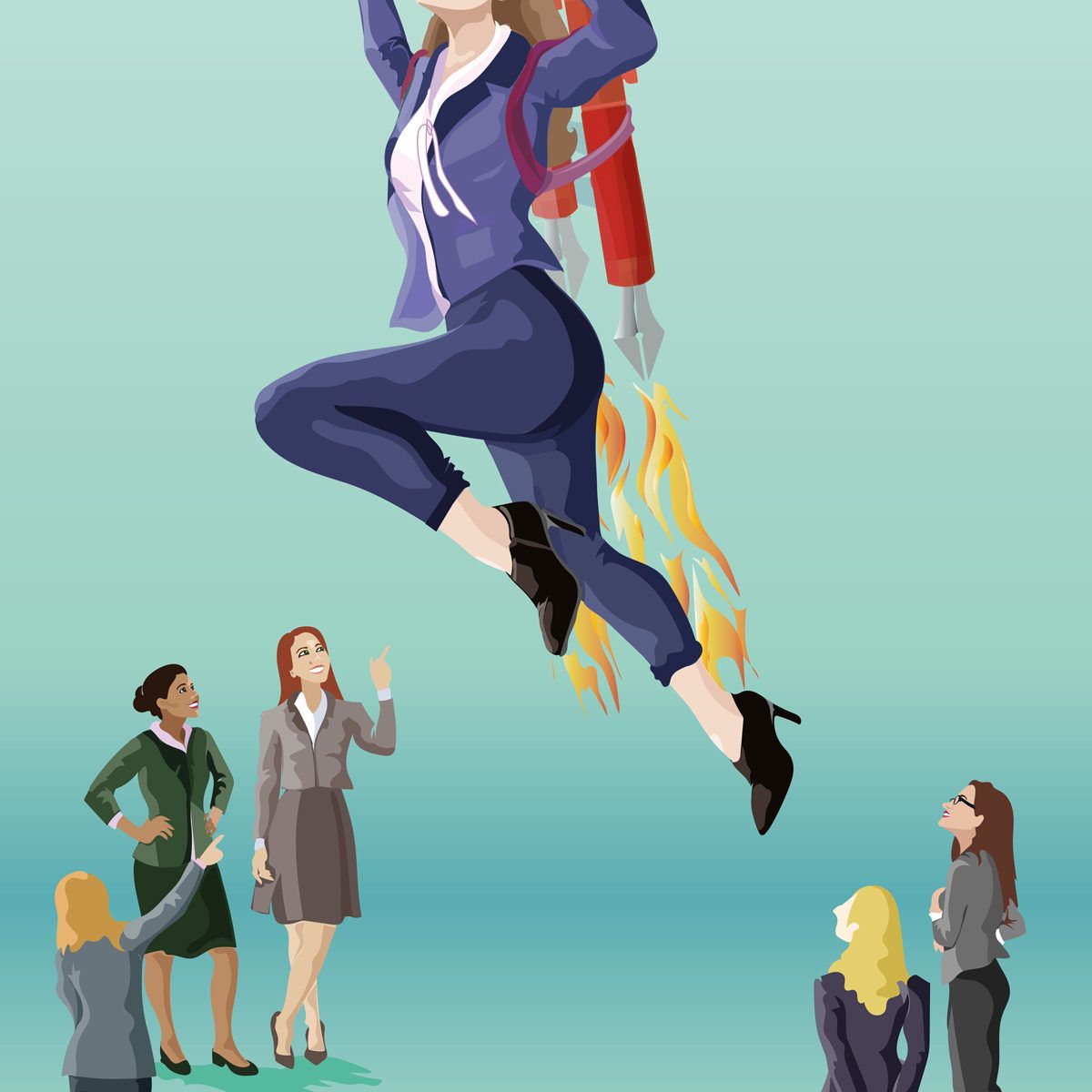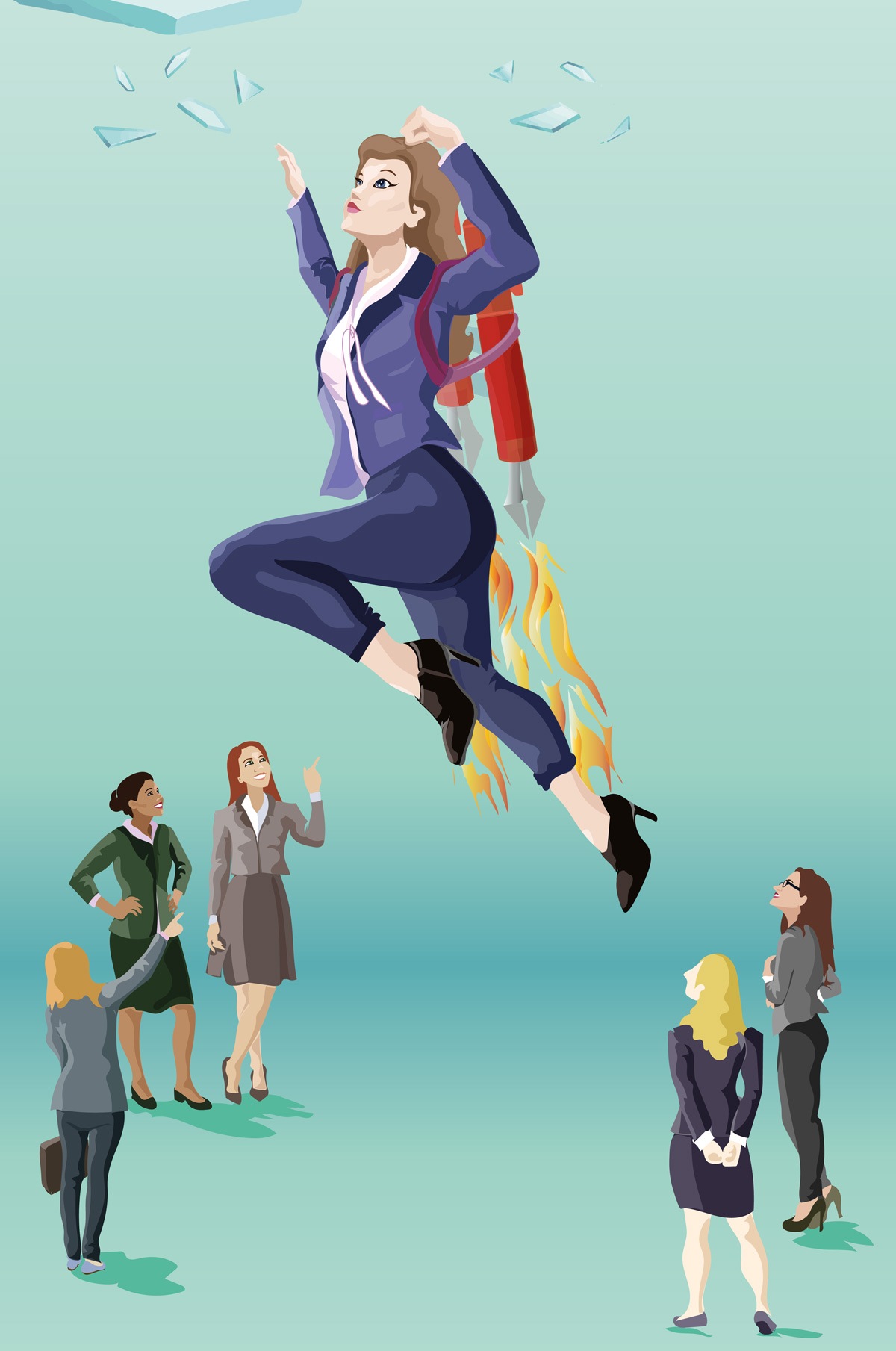In 2019 we are celebrating the 100th anniversary both of women obtaining the right to vote and women being admitted to the Bar. A great deal has happened in those 100 years for women involved in Bar activities. While there is undoubtedly still much to be done, equally there is a great deal of which the Bar and the legal profession can justifiably be proud.
The very fact that, in 2019, both The Legal 500 Awards for practice management (Chief Executive/Senior Clerk and Clerk of the Year) have been given to women speaks for itself. We would both like to take this opportunity to thank all the many people who have helped us both on the path to being appointed to our current roles in chambers and obtaining these prestigious awards. We both work (and indeed have worked) with some very inspirational people – both men and women – without whom neither of us would be where we are today. It is people like this who give us hope that equality for women in the legal world (and indeed diversity within the legal professional generally) is being given sufficient priority.
The administrative side of chambers has long been a male stronghold but one glance around most chambers today reveals that this is no longer the case.
There is still some way to go but great strides have been taken, assisted greatly by more openness in recruitment advertising and practices. Management jobs in chambers are very rewarding and we need to continue to reach out to women and encourage them to consider such roles.
One way of doing this is to emphasise the work that has been done by the Bar in making it possible for those with families to continue working at the Bar – both as barristers and staff members. Working practices have changed dramatically in the last ten years, let alone 100, with many chambers adopting progressive parental leave policies and the Bar Council imposing minimum standards in this regard. As a result, increasing numbers of women are returning both as barristers and in management roles.
Part-time work, flexible work, working from home, an increasing emphasis on the ability to operate remote working practices and greater sensitivity within chambers make it much easier these days for women to come back, both as barristers and staff members. The main challenge we see going forward is persuading women barristers in particular that they are able to have a family and a very successful practice – and men that taking parental leave will not adversely affect their practices.
Groups aimed at promoting women are also a useful means of affecting change, getting our voices heard and providing useful networking opportunities. In an ideal world, we would all rather that there was no need for women-centred groups and that everyone advanced on individual merit. However, equally we accept that, at the moment, such groups are necessary so as to speed up the pace at which women are on a level playing field with men. The legal profession has, in common with many other sectors, seen a proliferation of such organisations both internally at the Bar and in the market generally.
For example, Jackie is on the committee of COCo (Clerks in Open Conversation) which is an Institute of Barristers’ Clerks organisation aimed at women and also other groups who may feel under-represented at the Bar/in chambers. Launched in July 2018, the intention is to open dialogue on key issues affecting diversity at the Bar (as well as other issues) in a safe and informed environment.
There are also women’s groups within the legal profession working hard to gain equality and encourage others to consider both careers within the legal world as well as specialisation in particular areas of legal expertise. Women in Construction & Engineering is one such group. Amanda is a judge of its annual awards which celebrate (among many other categories) the best women lawyers operating in this field. Judging by the quality of last year’s entrants, there is an enormous reservoir of female talent which the awards highlight thereby encouraging women to enter what traditionally has been a male bastion.
Mentoring schemes have also proved useful in encouraging women to enter and then to stay at the Bar. The Chancery Bar and the Institute of Barristers’ Clerks mentoring scheme are good examples of this.
The Inns of Court have also worked hard to tackle these issues. One event in particular, the Temple Women’s Forum Garden Party, has been a particularly inspiring and successful cross-profession networking event which attracts self-employed and employed barristers, solicitors, judges and legal academics as well as those working in support roles.
Ensuring that the Bar continues to look to encourage women also chimes with our clients’ expectations and, increasingly, requirements. It therefore makes commercial sense to be in the vanguard of promoting equality. Clients now routinely ask us to evidence our credentials on diversity issues – for example, requiring that seminars in which we are involved include women speakers. Signing up to initiatives such as Equal Representation in Arbitration helps promote the cause and is also looked at favourably by clients.
We are not trying to claim that the Bar or the market has got it completely right yet, but at the same time we do need to recognise and applaud progress alongside ensuring that the steps taken to give women equality continue to progress.
We believe things are heading in the right direction. Hopefully our The Legal 500 Awards will encourage even faster progress.

